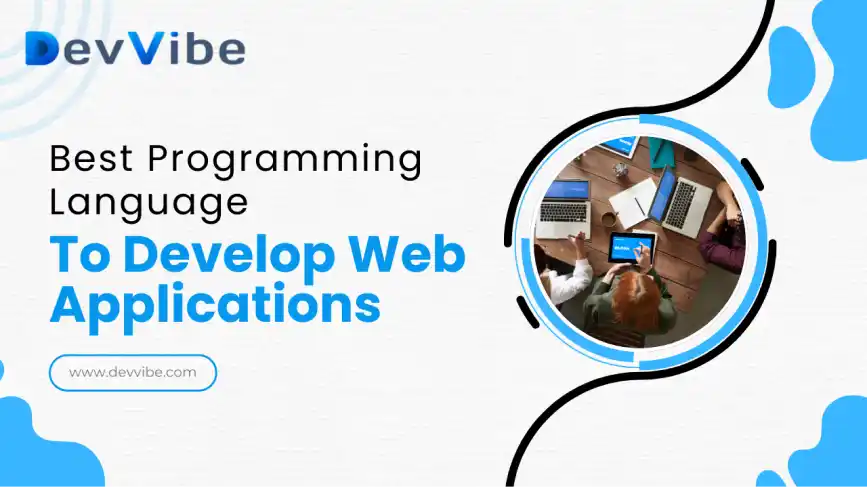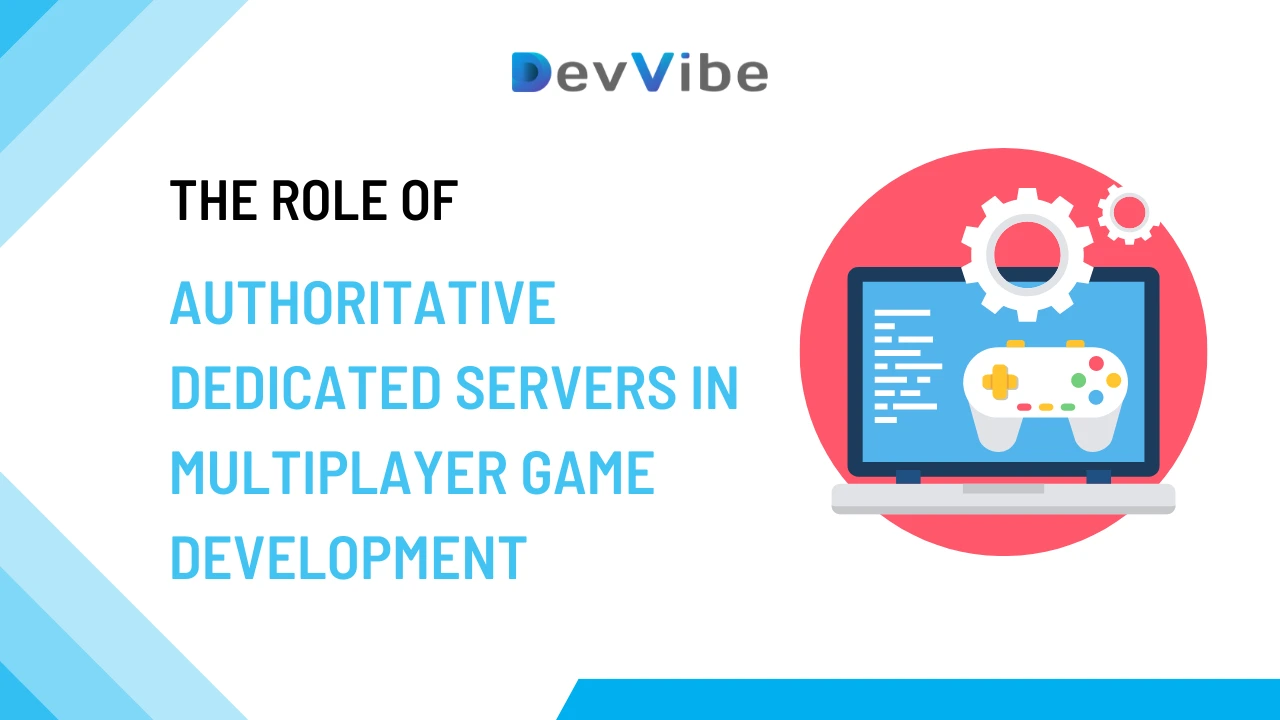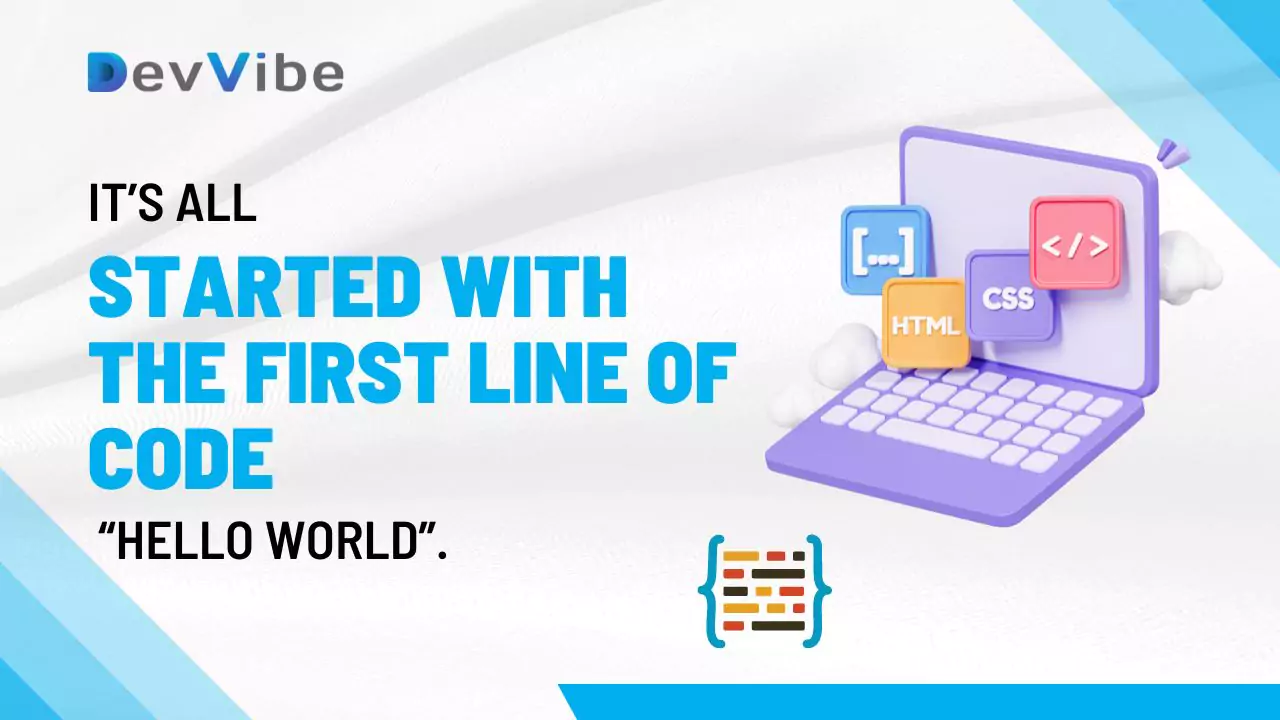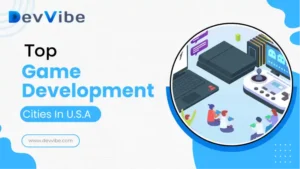
Best Programming Language to Learn to Develop Web Applications: A Comprehensive Guide
In today’s digital age, web applications play a key role in business, operations, personal interactions, and entertainment. If you’re looking to break into the world of web development, knowing which programming language to learn can make a huge difference in your journey. With so many languages available, it’s essential to choose one that aligns with your goals and the types of web applications you want to create.
In this article, we’ll explore some of the best programming languages to learn for web application development, highlighting their benefits, use cases, and where they fit in the development process.
1. JavaScript: The Backbone of Web Development
When it comes to developing web applications, JavaScript is one of the most essential programming languages to learn. It is the backbone of modern web development, enabling interactive and dynamic features on websites.
Why JavaScript is Essential for Web Development
- Frontend and Backend: JavaScript works on both client-side and server-side, thanks to technologies like Node.js. This makes it versatile and an all-around language for full-stack development.
- Large Ecosystem: JavaScript boasts an extensive ecosystem with frameworks like React, Angular, and Vue.js for frontend development, and Node.js for backend.
- Community and Resources: JavaScript has a large, supportive community, making it easier for beginners to find tutorials, guides, and solutions to problems.
Best for:
- Building interactive user interfaces (UIs)
- Developing single-page applications (SPAs)
- Real-time applications, such as chat apps or live updates
2. Python: A Beginner-Friendly Powerhouse
While Python is often associated with machine learning and data science, it is also a great language for web development. Python’s simple and readable syntax makes it ideal for beginners developing web applications.
Why Python is Great for Web Development
- Easy to Learn: Python’s syntax is straightforward, which allows developers to focus on solving problems rather than dealing with complex syntax.
- Powerful Frameworks: Python offers powerful web frameworks like Django and Flask that simplify the web development process by providing ready-to-use components.
- Versatility: Python can be used for both backend web development and other types of programming, such as automation and data analysis.
Best for:
- Developing backend services and APIs
- Content management systems (CMS) and e-commerce platforms
- Rapid development of prototypes and MVPs (Minimum Viable Products)
3. Ruby: A Developer-Friendly Language for Rapid Web Development
Ruby is another great programming language to consider when learning web application development. Ruby’s elegant, developer-friendly syntax makes it popular for building web applications.
Why Ruby is Ideal for Web Development
- Ruby on Rails: Ruby’s most popular framework, Ruby on Rails, makes web development faster and easier by automating many common development tasks.
- Productivity and Speed: Ruby emphasizes developer happiness and productivity, allowing you to create functional web applications with fewer lines of code.
- Strong Community: Ruby has a strong, helpful community, making it easy to find resources, plugins, and gems (libraries) to enhance your development process.
Best for:
- Rapid prototyping and development of MVPs
- Startups and small businesses looking for quick time-to-market
- Building database-driven web applications
4. PHP: A Versatile Language for Web Servers
Although some developers overlook PHP, it remains one of the most widely used programming languages for web development. PHP powers over 70% of websites, including major platforms like WordPress and Facebook.
Why PHP Continues to Be Popular
- Widespread Usage: PHP is still a dominant language for server-side development, especially for content management systems (CMS) like WordPress, which powers millions of websites.
- Flexible and Powerful: PHP can be easily embedded into HTML, making it a strong choice for dynamic web pages. It’s also highly compatible with various databases, such as MySQL.
- Strong Community Support: PHP has a long history of community support, which translates to a wealth of frameworks (such as Laravel and Symfony) and resources.
Best for:
- Building dynamic websites and CMS platforms
- E-commerce websites
- Small to medium-sized web applications
5. Java: A Strong Option for Scalable Web Applications
Java is one of the most established programming languages globally, and commonly used in large-scale enterprise applications. For web development, Java is often used to build highly scalable and secure applications.
Why Java is Suitable for Web Development
- Scalability: Java is known for its ability to handle large-scale, high-traffic web applications.
- Strong Security: Java is often preferred for applications that require robust security features, such as financial applications or e-commerce platforms.
- Mature Ecosystem: Java has a mature ecosystem with tools like Spring and Hibernate that simplify web application development.
Best for:
- Large-scale, enterprise-level web applications
- Applications that require high security, such as banking or e-commerce platforms
- Developing Android applications in conjunction with web services
6. TypeScript: A Modern Twist on JavaScript
TypeScript is a superset of JavaScript that adds static typing and other features to improve the development process. As web applications become more complex, TypeScript helps maintain code quality and significantly reduce errors during development.
Why TypeScript is Becoming Popular
- Type Safety: TypeScript’s type system helps catch errors early in the development process, making it more reliable than plain JavaScript.
- Enhanced Tooling: TypeScript integrates well with modern JavaScript tools, such as Angular and React, providing better support for IDEs and editors.
- Growing Popularity: TypeScript is quickly gaining traction in the developer community, making it a good language to learn for the future of web development.
Best for:
- Large-scale JavaScript applications
- Teams working on complex web applications
- Developers familiar with JavaScript who want additional tools for managing large codebases
7. Swift: A Language for Building Web and Mobile Applications
While Swift is primarily known for iOS development, it can also be used for building web applications, especially with frameworks like Vapor.
Why Swift is Worth Considering
- Performance: Swift is designed for speed, which makes it ideal for high-performance web applications.
- Modern Syntax: Swift’s syntax is clean, concise, and easy to read, which makes it easier for developers to write and maintain code.
- Integration with Apple Ecosystem: If you plan to build web applications that integrate with iOS or macOS, Swift is the perfect language.
Best for:
- Building web applications that need to integrate with iOS or macOS
- High-performance applications
- Developers looking to leverage Apple’s ecosystem for full-stack development
Conclusion
The best programming language for web application development depends on your goals, the type of application you want to build, and the tools you prefer to work with. JavaScript is the essential language for both frontend and backend development, while Python and Ruby excel at rapid development for backend services. PHP remains a strong choice for CMS platforms, and Java is perfect for large-scale, enterprise-level applications. Meanwhile, TypeScript adds additional benefits to JavaScript, and Swift is ideal for building performance-critical applications.








